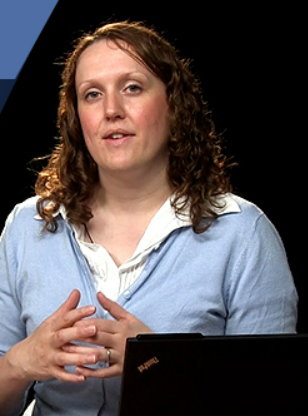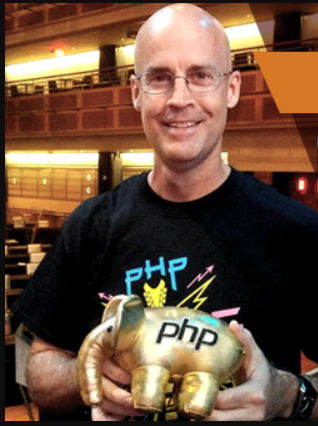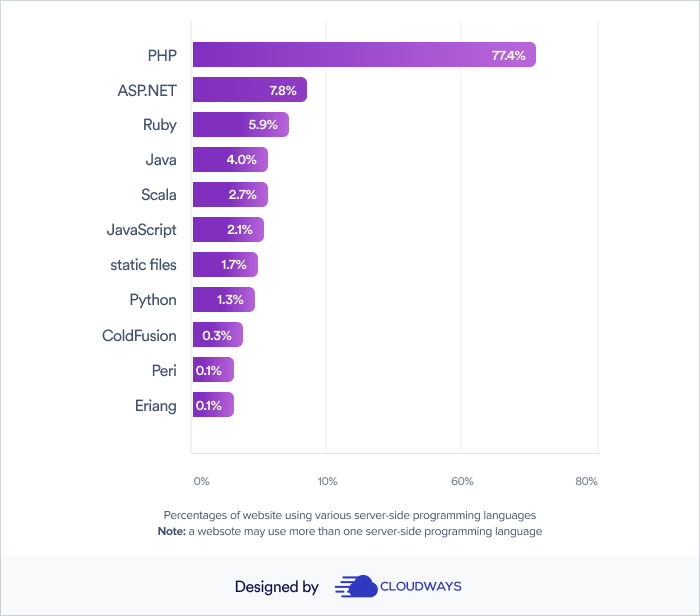Why Developers Prefer PHP Programming Language For Web Development
When developers think about making modern-day web applications, they opt for the latest and most prominent frameworks in the market, such as React and Angular. These frameworks let them develop dynamic applications that run over numerous platforms like desktop, mobile, tablet, etc.
Going back a few years, due to lack of security and flexibility we can saw PHP’s popularity with developers slowly disappearing in favor of newer technologies like Rust, Python, and JavaScript. Stack Overflow 2020 survey shows that Python was the most used language in 2020. However, after a few updates and version upgrades, with over 244 million running websites, PHP covers nearly 78% of the internet.
PHP History
PHP development started in 1994 when Rasmus Lerdorf composed scompaeveral Common Gateway Interface (CGI) programs in C language, which he used to maintain his homepage. He expanded them to work with web forms and to communicate with databases and called this PHP/FI (“Individual Domestic Page/Forms Interpreter”).
Hack
Facebook software engineers also worked on a PHP-related language named Hack in 2014, developers for HHVM that works in conjunction with PHP. Hack works on a similar development cycle of PHP and improvises the features. Facebook later migrated its PHP codebase to Hack.
This new PHP hybrid gives developers a platform that lets them build a website of immense complexity. Hack will enable tasks to be carried out with increased speed and fewer flaws while holding that spirit of innovation that made PHP so cherished by the developers’ community.
Why Is PHP So Popular?
Let’s hear from the pros about why they prefer PHP over other programming languages.

“I can say for certain that PHP 7 performs at least as well as anything else around – and I don’t think any language has ever done such a great job of blistering performance improvements with very little Backwards Compatibility.”
~ PHP specialist and web consultant Lorna Mitchell

“I think that PHP is easier to get started for beginners and offers a wealth of advanced features that allow a developer to continue growing and advancing.
Also, I think another reason PHP has continued to grow strong is its continued growth based on developers needs”

“have a look at PHP. It makes building websites so much easier
~ co-founder of PHPBenelux, Stefan Koopmanschap
Advantages of Using PHP
Given PHP’s popularity, there must be a reason why developers choose it as their preferred programming language. I have listed some of the major advantages of PHP below:
Free Open-Source
PHP is licensed as an open-source program, meaning it is free to use and distribute. Anyone can download, develop, and build a website with PHP without paying a penny, significantly improving its accessibility to the community. In addition, many popular frameworks, like Laravel and Symfony, are built on PHP and are also free to use.
Easy to Learn
PHP documentation is incredible and gives an extensive reference of the language and its syntax. A simple web search helps you access thousands of PHP-related blogs, tutorials, e-books, and online courses. Most of this information is available to the public, making PHP an easy choice to start as a newbie developer.
Security
As with any platform, developers create their applications with a security-first mentality following the best practices, like ensuring protection against an SQL injection or cross-site script attacks.
Security patching must be done to eliminate vulnerabilities. PHP is as secure as any other language and is evaluated persistently for vulnerabilities, and its fixes are being rapidly developed.
Performance & Stability
As discussed earlier, PHP has been an integral part of the development industry for the last 25 years to support major websites like Wikipedia and Facebook.
Over time, PHP has continuously improved its stability and performance, particularly with how it manage content and how well it can scale to support multiple user requests.
Support for Other Frameworks
PHP’s versatility results from its remarkable ability to integrate with other programming languages. Developers can write PHP extensions using the C language, which helps add even more functionality to the PHP apps.
Also, PHP includes many libraries and frameworks that extend its capabilities even further. The most used frameworks these days are Laravel, Symfony, Laminas, and Yii.
PHP for Web Development
PHP can be embedded into HTML easily, so it’s a perfect choice if you plan to develop a web application for the market. And since it is an adaptable language, you can also use it for other purposes. In most cases, a PHP script does not interfere with the webpage’s HTML code but instead completes it while remaining inside the borders defined by tags and vice versa.
Easy Development with PHP
Job Roles of PHP Developers
A PHP developer is responsible for creating and executing a cluster of web-based products using PHP, MySQL, JavaScript, and Ajax.
A developer’s job is to create back-end components, interfaces, and help front-end developers by ensuring their work coordinates with the application. Also, PHP developers create and integrate plug-ins for well-known PHP frameworks.
Analysis and Development:
A PHP developer must conduct a rigorous site examination and note down the webpage requirements. This includes a brainstorming session with the team to either come up with ideas for a modern site/page or a complete revamp of an existing one.
Then the developer needs to determine each idea’s feasibility before identifying the best way to continue. Also, developers should anticipate offering details on the site’s features and functionalities. This helps you utilize your technical knowledge to create the site/page per the ultimate plan. You must be dynamic and add all the focal points of PHP Script.
Testing
Developers test the site page for possible errors and get feedback from the client. Once they’ve found errors, they debug them and finish the site/page. After receiving the client’s approval, they implement the webpage or take the site online.
Maintenance
A PHP developer’s job isn’t over even when the website goes live. They must update it continuously and change functionalities from time to time to progress visibility and user experience.
Average Salary of a PHP Developer
The starting salary of a freshie PHP developer is around €30,000-€40,000 per annum. With an increasing number of years in industry and experience, the typical annual salary goes around €55,000-€65,000. An in-demand Senior PHP developer can demand a salary of up to €90,000 a year.
Comparison Table with Other Languages
PHP powers around 77.6% of all the websites on the internet. As of April 2022, PHP has been the driving force behind the growth of the web.
Below is the PHP usage statistics comparison with some of the leading languages.
Conclusion
PHP has been the driving web development technology and is used to build millions of websites and applications. PHP is considered among the most competent programming languages for creating function-rich websites with low costs and time.


Comments
Post a Comment